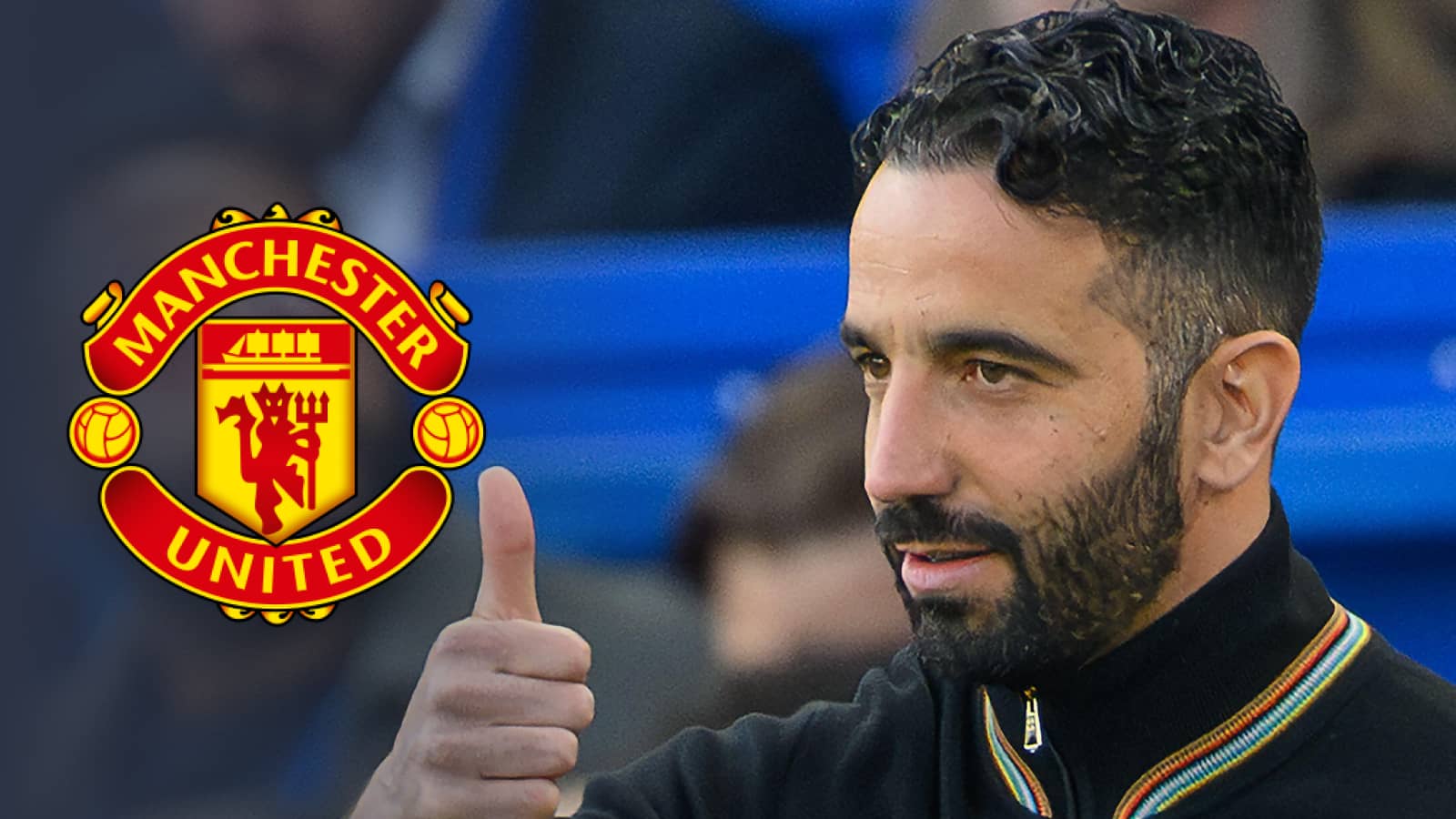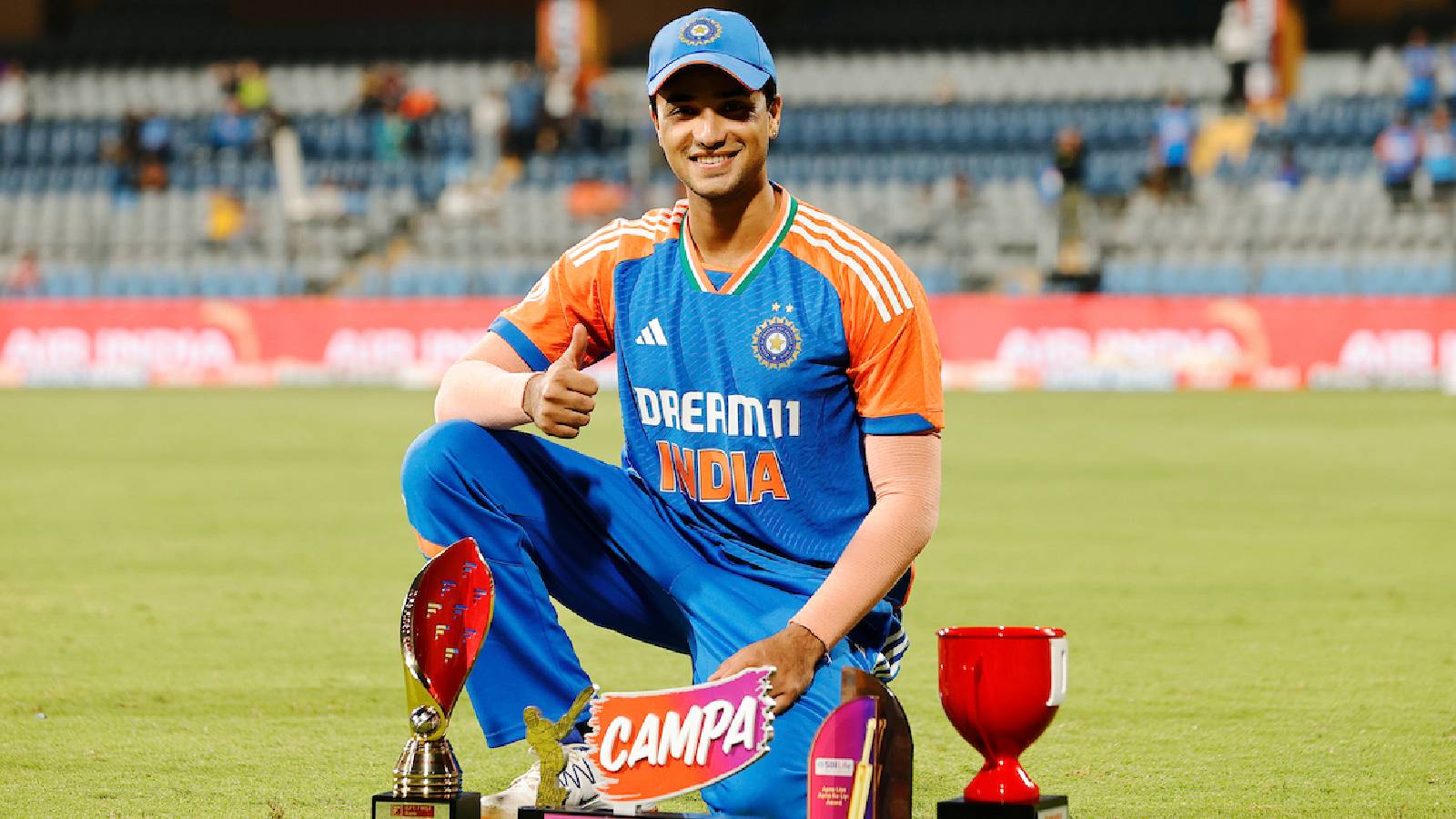Why Nico Williams’ Barcelona transfer collapsed: The full story

Nico Williams’ transfer to Barcelona broke down because the player wanted an exit clause inserted into his contract in case they could not register him — and the Catalan club refused.With key personal terms already verbally agreed, the deal was sunk when the 22-year-old’s representatives made the request and Barcelona’s sporting director Deco said the club would not sanction it, despite having done so with other signings in the recent past, including Dani Olmo.AdvertisementWilliams’ camp wanted a guarantee that Barca would be able to register him to be eligible to play by August 20, just after the first La Liga matchday of 2025-26. Barca have often struggled to register new signings in time for the season start in recent years — with Olmo’s only secured thanks to a court ruling last term.This development, late on Thursday, was just one of several twists in a long-running transfer saga, one that significantly raised the temperature in an already tense relationship between Barca and Athletic Club. Williams himself, meanwhile, faced personal abuse and recrimination as negotiations brought him to the brink of a €58million move (£50m; $68.3m) — before it ultimately all collapsed.When news emerged of Williams’ decision to commit to a new 10-year contract at Athletic on Friday morning, with a higher release clause, it caused shock among several members of the Barca first team, some of whom are among Williams’ best friends in the game. Club senior executives found out about the news through social media, with Athletic’s video announcing the deal hastily filmed with Williams the night before.It was a truly dramatic turnaround that appeared to many to come out of nowhere.Here, informed by sources at Athletic and Barca, as well as those close to the player (all of whom requested to contribute anonymously so they could speak freely), is the full story behind what happened.Barcelona first came in for Williams last summer. Athletic were unhappy with their interest.Williams had that €58million release clause in his contract so, after starring in Spain’s European Championship victory, there would always be suitors but the Basque club could not get their heads around how Barca, with their troubled finances, could be in a position to take away their most precious talent.AdvertisementUltimately, Williams stayed at Athletic. Barcelona signed Dani Olmo in a €60million deal with RB Leipzig. And the complications they had getting Olmo registered would play a key part in what happened between Williams and Barca this week.Last season, Olmo was only registered in time to play in La Liga over 2024-25 because Barca took advantage of a loophole in the rules.Because Barca were spending more than they were allowed to on wages (they were breaking La Liga’s salary limit, which are calculated for each club according to their income) the competition body restricted their registration of new signings.However, Barca managed to get Olmo registered because of a regulation that allows clubs cover for injured players. With Andreas Christensen ruled out, they replaced his registration with Olmo’s — temporarily.That emergency measure was valid only until January, when more drama unfolded. When Christensen returned, with Barca still in breach of La Liga’s salary rules, La Liga de-registered Olmo.An unprecedented move then followed. Barca had the situation overturned via a Spanish government intervention. It did not escape Athletic’s attention.On January 8, Athletic and Barca were about to face each other in the Supercopa de Espana semi-final in Saudi Arabia when Joan Laporta and his team received confirmation that Olmo (and Pau Victor, who was in the same boat) would now be eligible to play.Seeing the Barca president boasting and celebrating that decision in the executive box during the game is a scene that has been stuck in the minds of several members of Athletic’s board.When Olmo joined Barca, a clause was inserted into his contract allowing him to leave for free if Barca failed to register him. When he was de-registered by La Liga in early January, he could have decided to activate it. He could have left for nothing.AdvertisementHe decided to stay, and Barca were ultimately able to get him back into the squad. Because of the government ruling, made by Spain’s Higher Sports Council (Consejo Superior de Deportes), Olmo is now registered for the duration of his contract, which runs until 2030.Other players signed by Barcelona in recent years have had a similar clause included in their contracts. They include Ilkay Gundogan when he arrived shortly before Olmo in 2024, and Jules Kounde, who transferred from Sevilla in 2022.Barcelona’s summer transfer windows have been beset with problems over the registration of new players since that year, and La Liga president Javier Tebas said on Tuesday that Barca are still not compliant with their spending rules. New signing Joan Garcia has not yet been registered.This is where we come back to Williams.At the start of June, Barcelona approached Liverpool to discuss the signing of Luis Diaz. Their interest was rebuffed, but news of that move encouraged the Williams camp to reach Barca and ask if they were willing to discuss his signing instead.The Catalans agreed to put Williams as their top priority, as senior figures including president Laporta saw it as a humbling gesture from the 22-year-old winger. Before that, Laporta had been against the idea of trying again for Williams because he believed he did not show enough commitment last summer when Barca were keen.Williams’ agent met with Barcelona officials on June 13 to communicate that the winger would be willing to join them, assuming registration in La Liga could be guaranteed. Ten days later, Deco said in an interview with La Vanguardia they were interested in Williams, and that they would try to complete his signing.Laporta (centre), Deco (right) and Bojan (left) at Barcelona’s training ground in November (Javier Borrego/Europa Press via Getty Images)By June 23, Williams himself told Athletic of his intentions to join Barca. Athletic reacted by releasing a club statement on June 26, complaining about Barca officials openly speaking about signing their player. It detailed how Jon Uriarte, the Athletic president, met with La Liga counterpart Tebas to request that the competition body scrutinise Barca’s standing with the salary limit rules.Advertisement“Athletic Club want to thank La Liga for their availability and clarity shown in a meeting that took place yesterday,” the statement read.“Among the subjects discussed was Barcelona’s capacity for signing new players. Athletic Club had a legitimate interest after sporting director Deco publicly recognised they will try to sign one of our players who is under contract until 2027.”Barcelona didn’t appreciate that, and Laporta spoke at a public event that same week, urging Athletic to “respectfully, take care of their own business and not look into others”.In this tense atmosphere, negotiations between Williams and Barca continued.Barca winger Lamine Yamal is one of Williams’s closest friends in football (Stefan Matzke – sampics/Getty Images)The €58million release clause, to be paid in one instalment, was not a problem according to Barca sources. They said the money was prepared but the fee would not be paid after June 30 — when the financial year ends in Spain.Barca planned to count Williams’ signing on next season’s budget, but before paying his release clause they needed the player’s full consent. In Spain, the procedure with the payment of release clauses forces the player in question, or their representatives, to deposit the money at La Liga’s headquarters in Madrid.Williams and Barcelona have been in talks over the past week to reach this point and they failed to do so, ultimately because of the exit clause. The player’s camp insisted on including one, and stressed that they had other clubs such as Bayern Munich, Arsenal and Athletic Club willing to offer a suitable deal.Deco rejected the request. He promised Williams’ representatives, on his word, that the winger would be successfully registered by the end of the summer transfer window, but he did not want to risk the disaster of losing a €58million asset for free.Sources with knowledge of the situation said Deco suffered a lot last season with the Olmo registration saga and it was something he was not willing to go through with the Williams deal. Further to this, Barcelona sources said they felt the club had already shown good grace by returning to speak with Williams after their experience last summer.AdvertisementStill, on Wednesday night, Barca’s board members were still confident the deal would go through. They believed Williams’ wish to join them would smooth the issues being discussed.They were wrong.On Thursday evening, Williams was back in Bilbao, having returned from holiday. There, he was filmed for the social media content that would announce his contract extension with Athletic.Late that night, the club prepared a trip to a mural of the Williams brothers in the city. Nico’s portrait had been defaced three times over the last three weeks — with Athletic having it redone each time. In the footage, Williams writes the word ‘WIN 2035’ in spray paint on a wall that was recently vandalised with insults. Athletic had it removed straight after the recording so as not to hint at any developments before their public announcement.Barcelona executives learnt about Williams’ decision to stay at Athletic through this video on social media. So too did the vast majority of their players. Some of them could not understand what had happened, as Williams’ imminent arrival was taken for granted — conversations about what shirt number he would take had already been held.Athletic had been sounding Williams out over an extension for months. With this new contract, he becomes the best-paid player in their history — with a salary in the region of €10million a year, after tax. That is significantly more than what Barcelona offered, although Athletic have a favourable platform in that regard.The Basque Country, and specifically the Bizkaia province of which Bilbao is the capital, has its own rules when it comes to taxation on footballer’s salaries. Athletes benefit from a reduced rate as the local government considers their working years shorter than any other regular worker.Eduard Romeu, a former financial vice president at Barcelona under Laporta, spoke about it last week in an interview with local radio station RAC1: “With their taxation rules compared to the ones in Catalonia, Nico Williams would be 40 per cent more expensive for Barcelona than he is for Athletic Club,” he said.AdvertisementBut the Williams transfer saga is now over, and Barca must think about what to do next. Club figures expect them to return to their initial plan for bolstering the left-wing role: Diaz and Marcus Rashford set to be discussed.Diaz is Deco’s preferred option and will surely become a top priority for the sporting director — although the financial dimension, among other elements, can be expected to be difficult.Rashford would be a more affordable option, with Manchester United looking to offload him. The 27-year-old also favours a move abroad and Barca sources believe he’d be willing to join either on loan and on a reduced salary, potentially.Either way, significant action can be expected from Barcelona soon. They need to find new momentum after this latest setback.(Top photos: Getty Images; design: Eamonn Dalton/The Athletic)









